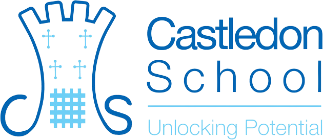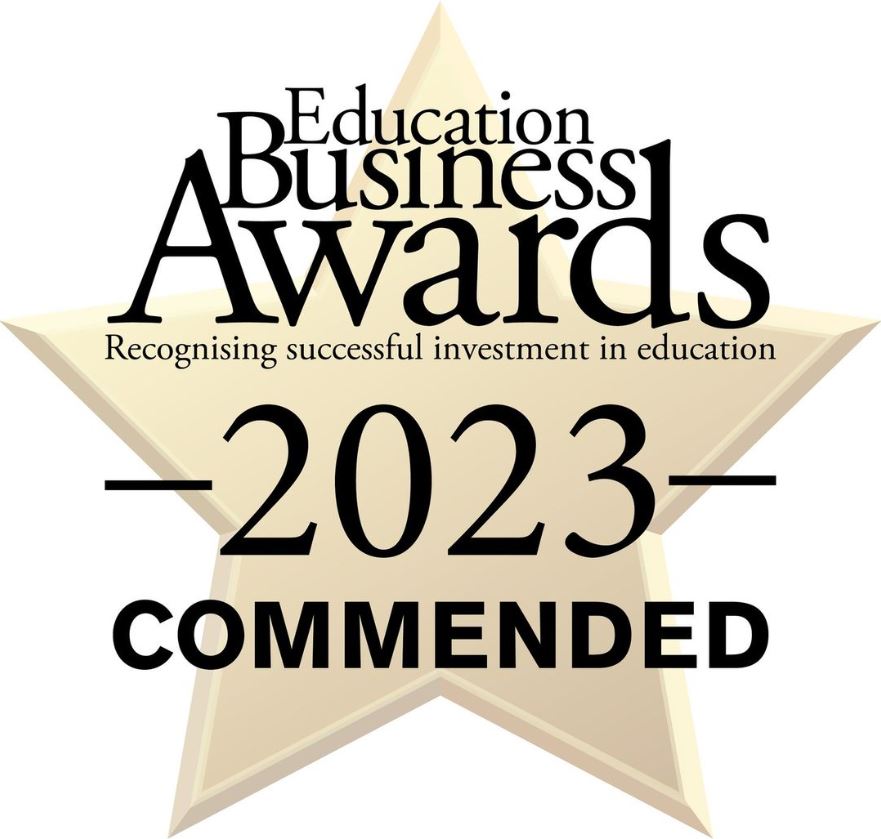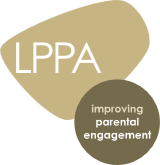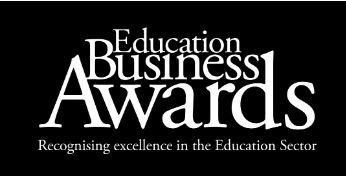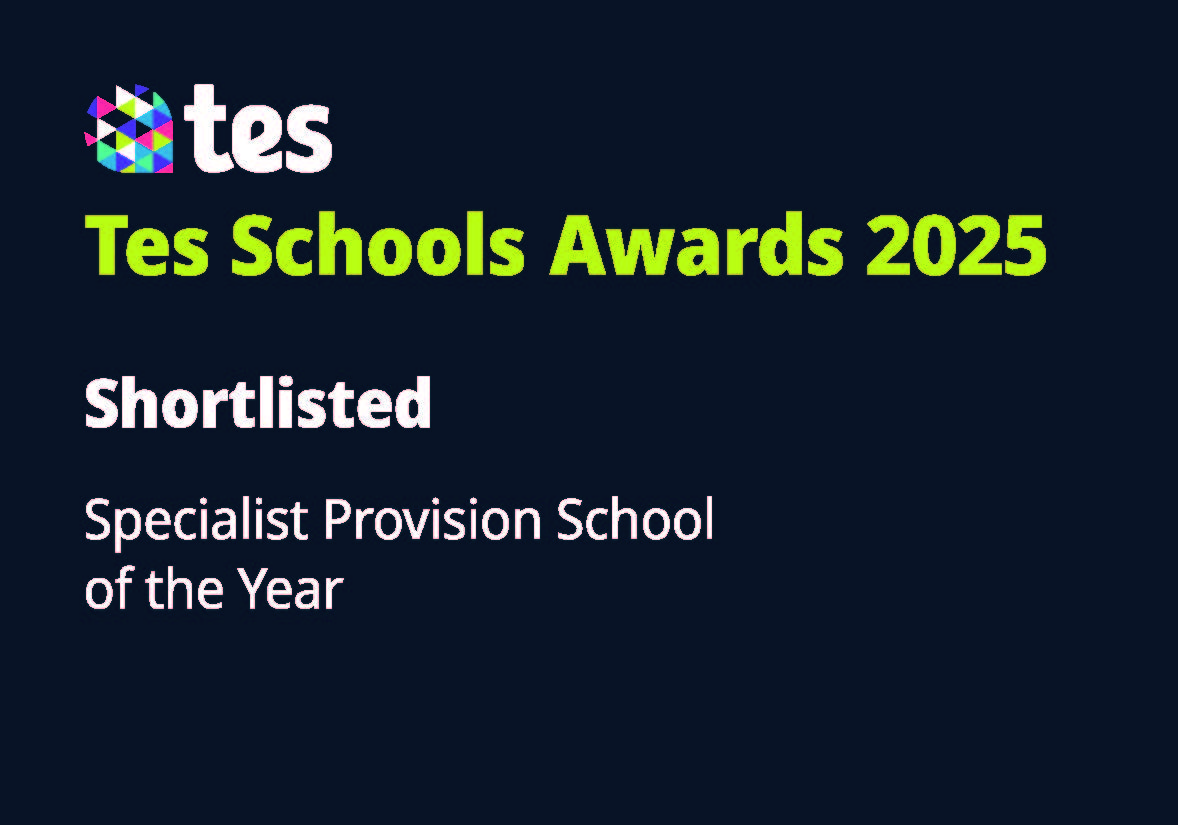PHONICS

About ELS:
Essential Letters and Sounds (ELS) is our chosen Phonics programme. The aim of ELS is ‘Getting all children to read well, quickly’. It teaches children to read by identifying the phonemes (the smallest unit of sound) and graphemes (the written version of the sound) within words and using these to read words.
The programme is designed for children aged 4-7. However, at Castledon we use a stage not age approach, so the ELS programme is used with pupils ranging from 5 to 16 years.
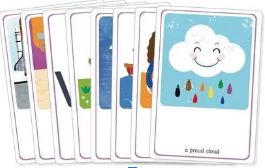
How ELS is taught at Castledon:
Phonics is explicitly taught every day during a dedicated slot on the timetable. Children are given the knowledge and the skills to then apply this independently.
We follow the ELS SEND progression and sequence. This allows our children to practise their existing phonic knowledge whilst building their understanding of the ‘code’ of our language GPCs (Grapheme Phoneme Correspondence). As a result, our children can tackle any unfamiliar words that they might discover.
The structure of ELS lessons allows children to know what is coming next, what they need to do, and how to achieve success. This makes it easier for children to learn the GPCs we are teaching (the alphabetic code) and how to apply this when reading.
We begin by teaching the single letter sounds before moving to digraphs ‘sh’ (two letters spelling one sound), trigraphs ‘igh’ (three letters spelling one sound) and quadgraphs ‘eigh’ (four letters spelling one sound).
We teach children to:
- Decode (read) by identifying each sound within a word and blending them together to read fluently
- Encode (write) by segmenting each sound to write words accurately.
Pronouncing the Pure Sounds
When children are learning to read, to enable them to blend sounds together to form words, we need to pronounce the sound clearly.
You can use these examples below to support you:
Phase 2 sounds
Phase 3 Pronunciation
Phase 5 Pronunciation
Reading for children on the ELS programme:
Children experience the joy of books and language whilst rapidly acquiring the skills they need to become fluent independent readers and writers. ELS teaches relevant, useful and ambitious vocabulary to support each child’s journey to becoming fluent and independent readers.
skills they need to become fluent independent readers and writers. ELS teaches relevant, useful and ambitious vocabulary to support each child’s journey to becoming fluent and independent readers.
Throughout the day, children will use their growing Phonics knowledge to support them in other areas of the curriculum and will have many opportunities to practise their reading. This includes reading 1:1 with a member of staff as well as daily class storytimes.
How can I help my child at home?
els reading at home pupils access instructions docx.pdf
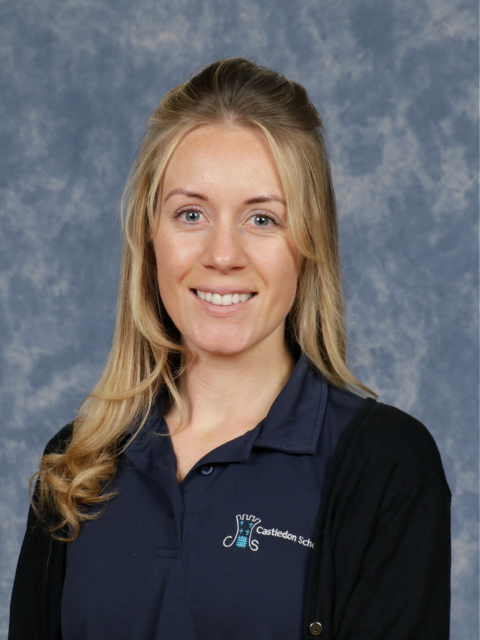
Mrs Edwards - ELS Lead Teacher
If you have questions about ELS or would like more information, contact the school who can direct your question to Mrs Edwards via admin@castledon.org.
